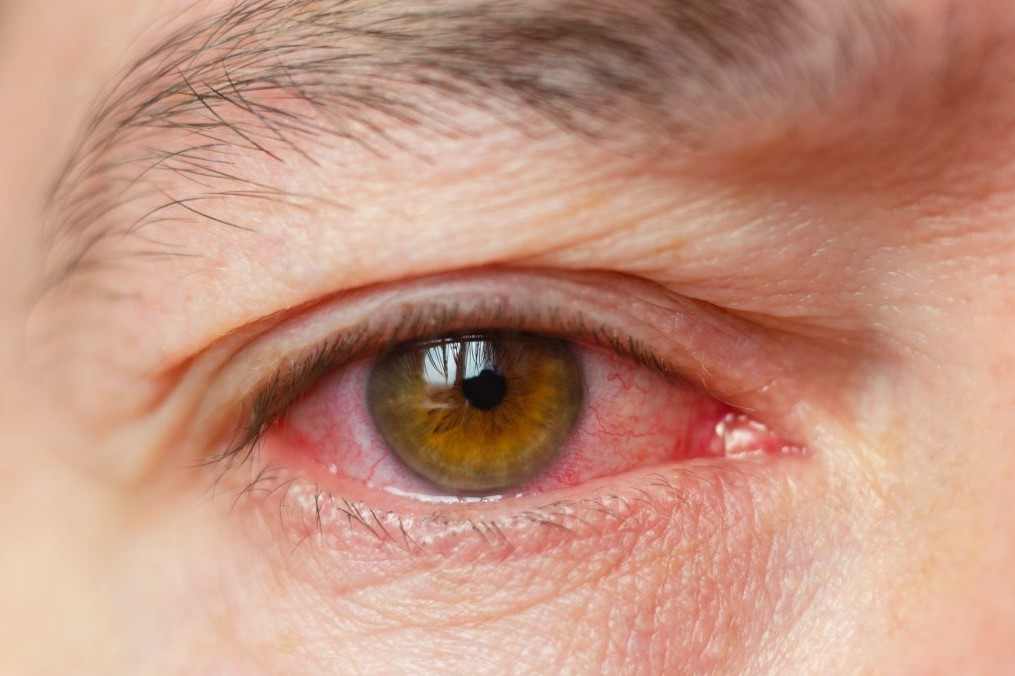
Hydration: also essential for the eyes
It is well known that drinking is important, and that hydration in general is essential for the proper functioning of our organism
What may not be so well known is that the eye also needs to stay hydrated: the eye itself is made up of tissues, such as the cornea and vitreous, which are more than 90% water.
In the event of a reduction in the body’s fluid content, this concentration may vary.
Insufficient hydration: some causes
Under certain conditions, the eyes are under stress, which can lead to inadequate hydration.
For example, in the summer heat leads to excessive sweating, the air is made dry by the use of air conditioners or dehumidifiers, and as a result we lose fluid more easily.
Also in summer, there are more cases of retinal detachment: severe dehydration can cause contraction of the vitreous, the jelly contained at the front of the retina and behind the lens.
As it adheres to the retina, the vitreous, by contracting, is likely to exert traction that can induce retinal breaks that subsequently lead to retinal detachment.
In winter, the use of radiators, low humidity and dry wind can contribute to dehydration of the body, especially if little water is drunk.
Insufficient hydration: the most common symptoms
People suffering from insufficient eye hydration often show symptoms that may include:
– burning eyes;
– feeling of fatigue in the eyes;
– irritation typical of dry eyes;
– photophobia.
Dry eye syndrome
If there is a reduction in fluid content in the body, this concentration can vary, affecting eye health.
Insufficient hydration can lead to fluid depletion, with reduced tear production, and thus to dry eye syndrome.
Inadequate hydration? Here’s what to do
The first tip is to drink at least one and a half litres of water a day.
It is also important to always keep the environment humidified and, if necessary, lubricate the eye with tear substitutes, which can also help prevent inflammation.
Finally, the most important thing is to consult an ophthalmologist, who can prescribe the best treatment, once the correct diagnosis has been made.
Eye hydration: what to drink and what to avoid
In general, to keep the eyes properly hydrated, all sweetened drinks and beverages should be avoided, as they absorb liquids to dilute the sugars.
Mineral water is best replaced by low-mineral water, which can supplement fluid needs more quickly.
Water consumption should be constant, one glass of water at a time, several times during the day.
As far as diet is concerned, remember that foods rich in fat, salt and spices require more water than normal for digestion.
Read Also:
Emergency Live Even More…Live: Download The New Free App Of Your Newspaper For IOS And Android
Colour Changes In The Urine: When To Consult A Doctor
The Colour Of Pee: What Does Urine Tell Us About Our Health?
Summer And High Temperatures: Dehydration In Paramedics And First Responders
First Aid For Dehydration: Knowing How To Respond To A Situation Not Necessarily Related To The Heat


